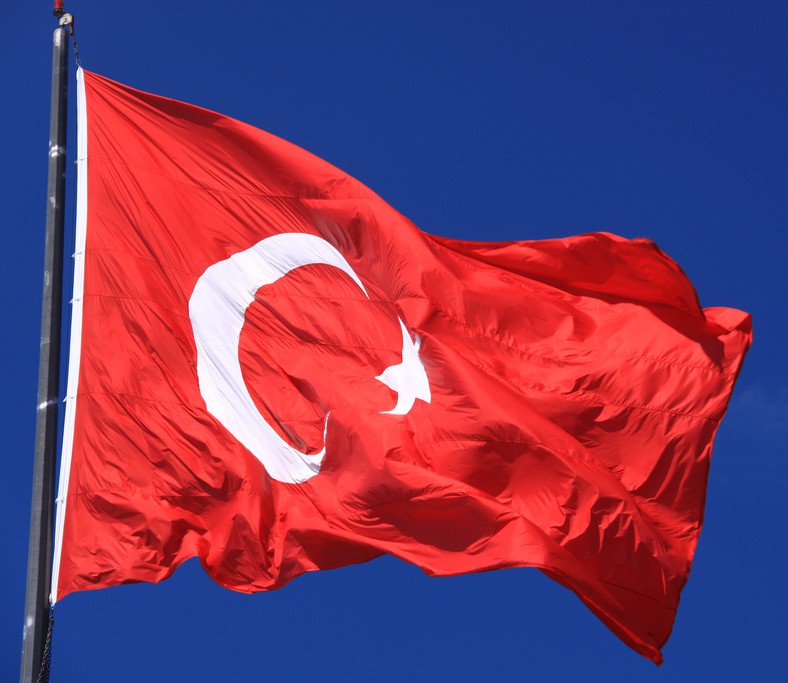By Deniz Torcu
On Sunday, 7 June, Turkey will go to the ballot box to elect 550 members of its Grand National Assembly. This will be the 24th general election in the Republic of Turkey and, surely, one of the most important in the country’s history.
While it is likely that the current Islamist ruling party, the Justice and Development Party (AKP), will be the winner of the elections, the margin with which they win will be the big question.
The AKP first came into power in 2002, promoting itself as a “moderate and liberal conservative” party. This was echoed in the early reforms that the government introduced with regard to a variety of subjects such as minority rights, increased dialogue with the Turkish Kurds and the issue of co-existence, enhanced ties with the European Union and a clear straightening-out of the economy.
However, things started to take a different turn in a matter of a few years, as Mr. Erdogan started to drift away from his initial democratic-sounding pronouncements towards a more authoritarian style of government. The military, which had been an important institution in the Republic, was pushed aside. Senior officers were arrested and brought to trial, in some cases based on questionable evidence. These facts failed to receive much attention despite rising repression against anything anti-AKP in the media.
However, things started to take a different turn in a matter of a few years, as Mr. Erdogan started to drift away from his initial democratic-sounding pronouncements towards a more authoritarian style of government.
After pushing the military aside from politics, Mr. Erdogan took up a fight with one of his oldest allies, Fethullah Gulen, a Muslim cleric who currently resides in the US, verbally bashing him with claims that Gulen “was creating a parallel state that was undermining the authority of the rightful state and government.”
Mr. Erdogan also decided to correct societal wrongs by openly criticizing what he views as errors created by the modern and secular system implemented after the foundation of the Republic. Erdogan has mentioned how young, female university graduates should get married as soon as “they find some guy interested in marrying them,” how the alcohol ban after 10 pm does nothing to prevent those who imbibe of “drinking until they collapse,” how millions of people protesting against his rising authoritarianism were only “a bunch of looters” and that he could release the “other half of the country” to the streets anytime he wanted.
While most polls predict that the AKP will win the elections by some 40% of the vote, this would still imply a loss for Mr. Erdogan, since the AKP would not secure the 400 seats necessary to amend the Constitution.
The newest and possibly the most important actor of the opposition is, without a doubt (as it may alter the final balance of power) the People’s Democratic Party (HDP), dominated by a Kurdish bloc previously involved in a more traditional pro-Kurdish movement. The HDP promotes itself as center-left, and has been putting forward agendas for gender empowerment, greater democracy, clean environmental energy, all within the context of a traditional pro-Kurdish agenda, but served with a more acceptable tone.
If the HDP can clear the 10% threshold to secure a presence in Parliament, this would translate to the AKP falling shy of 400 seats, thereby blocking a constitutional amendment to shift the state system from a parliamentary to a presidential one.
If the HDP can clear the 10% threshold to secure a presence in Parliament, this would translate to the AKP falling shy of 400 seats, thereby blocking a constitutional amendment to shift the state system from a parliamentary to a presidential one. Many fear that the latter system would only strengthen Mr. Erdogan’s hand in becoming the ultimate and unquestionable leader of the country until his death. The AKP, instead, would have to form a coalition with the other existing parties in Parliament to pass the amendment—a virtually impossible scenario, since the entire opposition is firm in their position to block any attempt made by the AKP to change the system. Or, a popular referendum would be required, where the AKP would also most likely end up on the losing side since a change in the system is seen as rather unacceptable to the general public.
The Republican People’s Party (CHP) has long been the traditional opposition and is likely to stay as such until after the elections. The CHP, led by Kemal Kilicdaroglu, is likely to lose some votes to HDP, since many of the young center-left voters identify more with the arguments of the HDP and view the CHP as more center than left. However, as likely as defeat may be, the CHP will surely be in the Parliament after the AKP, with predicted voter support reaching nearly 20%.
The Nationalist Movement Party (MHP) has also been around for many years, with a traditional pro-Turkish, nationalist approach. While the party has been losing many of its religious right-wing voters to AKP lately, the traditional nationalist voters are still likely to vote for the MHP, making it possibly the third party to enter the Parliament, with a predicted 15% share of the vote.
On Monday, 8 June, Turkey is more than likely to wake up to yet another AKP government. But to which type of state will they wake up? That is the real question.


